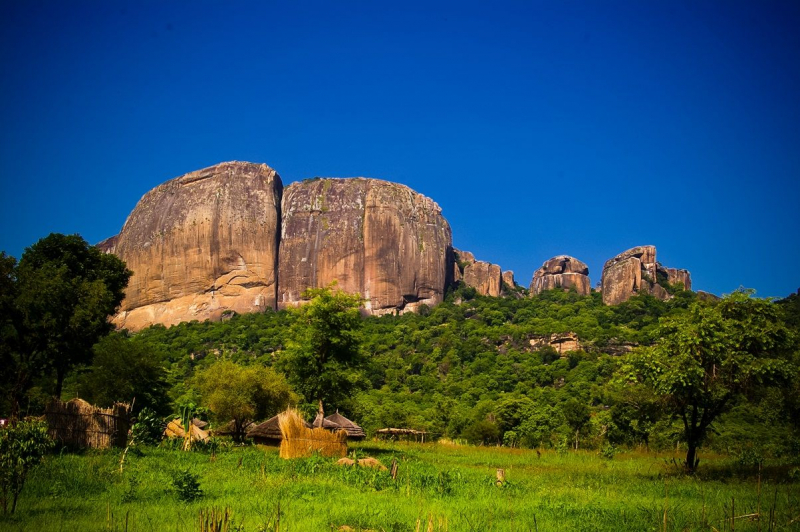Traditional Animist Beliefs
The South Sudanese historically held a profound belief in the spiritual and paranormal world. Although it has largely declined with the advent of Christianity, certain communities still adhere to it. Since animist belief systems in South Sudan differ significantly between tribes and communities, it is impossible to generalize about them. The potential of ancestors to influence people's life and the influence of the dead, however, is a recurrent theme.
Many animists acknowledge an ever-present creator who keeps an eye on all creatures. These opinions, however, differ greatly between groups. Each tribe might worship a distinct deity or gods, each of whom interacts with people in a way that is unique to that tribe. For instance, the traditional Dinka divinity is known by the name "Nhialac."
For instance, the traditional Dinka divinity is known by the name "Nhialac." Through spiritual mediums and ceremonies, people can communicate with this global creator and source of life. The god "Kuoth" has a conditional relationship with the Nuer animists, and if someone does something wrong, they risk being expelled from the group and spiritually rejected by Kuoth.
A specific method is used to contact each god. Communities frequently view particular individuals, usually chiefs or elders, as bridges between the spiritual world and the tribe. Animists from the Jur tribe, for instance, communicate with their god "Boko'ba" through their ancestors, whilst animists from the Murle tribe employ chiefs as a means of communication between the society and "Tammu" (God).
There are a lot of common myths about what creates bad luck. Some people could think that nasty 'zar' (spirits) occupying a person, offended ancestors seeking retribution, or local witches are to blame for disease or poor luck. There is also a prevailing belief in the "evil eye," according to which someone with magical abilities can curse someone just by gazing at them. "Jak" is the Dinka word for supernatural abilities.
Offerings to spirits, ancestors, or gods are a common part of animist rituals. For instance, it is typical to sacrifice animals and crops when they are in season. For animist communities, the use of magic, totems, and conventional medicines is frequently connected to daily life.












